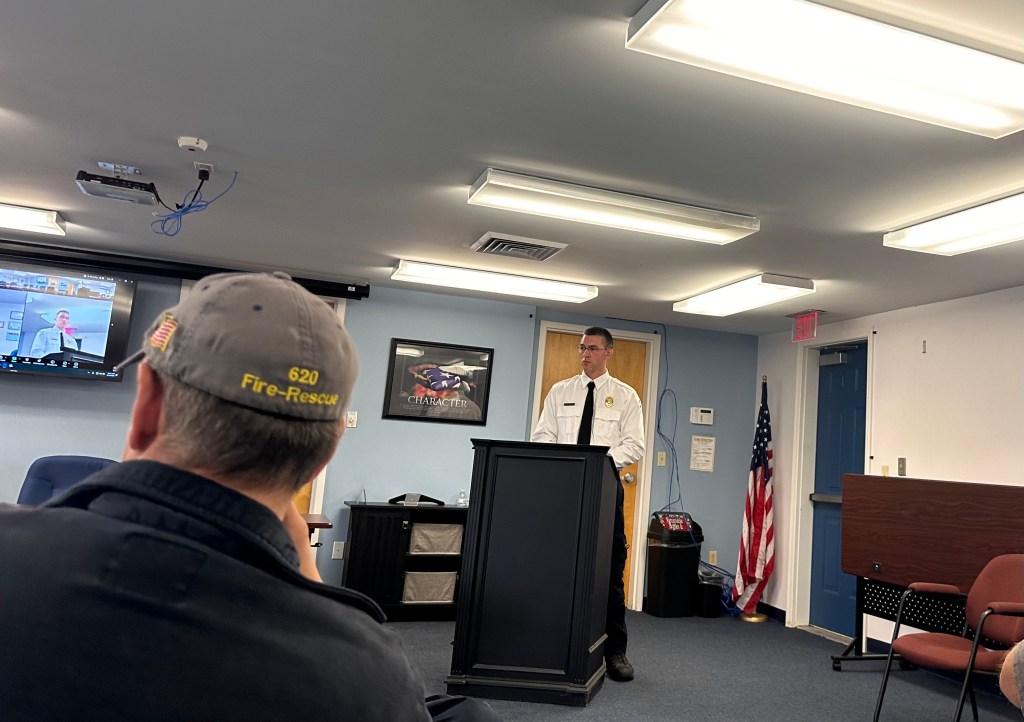
Less than two months after Delta Ambulance applied to downgrade its paramedic license, the regional transport service has reversed course.
For Delta, which provides medical transport services for 13 towns in central Maine, the switch to an EMT license would have made it so paramedics were no longer required on every ambulance. The goal was to maximize resources and preserve paramedics for the most critical calls, according to Chris Mitchell, Delta’s executive director.
Then, last month, Mitchell announced he was retracting the license application. He said a conversation with Maine Emergency Medical Services, a bureau within the Department of Public Safety that oversees emergency medical care, clarified the situation. Delta can send basic-level ambulances under its current paramedic-level license, so long as it builds out a thorough response plan that puts inter-departmental mutual aid agreements in writing and ensures a paramedic is always available to back up calls, if needed.
Optics were also a consideration, Mitchell said.
Town officials at a meeting with Mitchell in September expressed concerns about worst-case scenarios: that an emergency call from a rural area could end up requiring advanced care, and that a paramedic would be too far away to get there in time. They also questioned whether towns were paying more for a worse service, especially after Delta announced earlier that month that it was raising its per capita fees for municipalities to at least $55 per capita next year.
“A lot of people’s perceptions were because the license level’s changing, that we’re offering less of a service,” Mitchell said Wednesday. “So we’re going to relicense at the paramedic level, and we’re going to run this like we were going to run it anyway.”
Licensed agencies must apply to renew with Maine EMS before licenses expire at the end of the month.
Delta is not the region’s only agency looking at a transporting license. The town of China applied for an EMT transporting license in September, and Fairfield and Benton, which run a joint fire and rescue department, recently discussed the possibility of starting their own transport service, which would cut out a bulk of Delta’s call volume and revenue.
Michelle Flewelling, Fairfield’s town manager, said her town’s councilors seem to be “leaning in that direction.”
While Delta is planning ahead for that future, Mitchell said the company’s priority is to build a response plan that ensures no call that needs a paramedic is without one.
“I think, for now, we’re going to continue as is,” Mitchell said. “We don’t know anything for sure. That’s sort of been the name of the game for the past two and a half years — it feels like the boat’s always rocking underneath us.”

We invite you to add your comments. We encourage a thoughtful exchange of ideas and information on this website. By joining the conversation, you are agreeing to our commenting policy and terms of use. More information is found on our FAQs. You can modify your screen name here.
Comments are managed by our staff during regular business hours Monday through Friday as well as limited hours on Saturday and Sunday. Comments held for moderation outside of those hours may take longer to approve.
Join the Conversation
Please sign into your CentralMaine.com account to participate in conversations below. If you do not have an account, you can register or subscribe. Questions? Please see our FAQs.